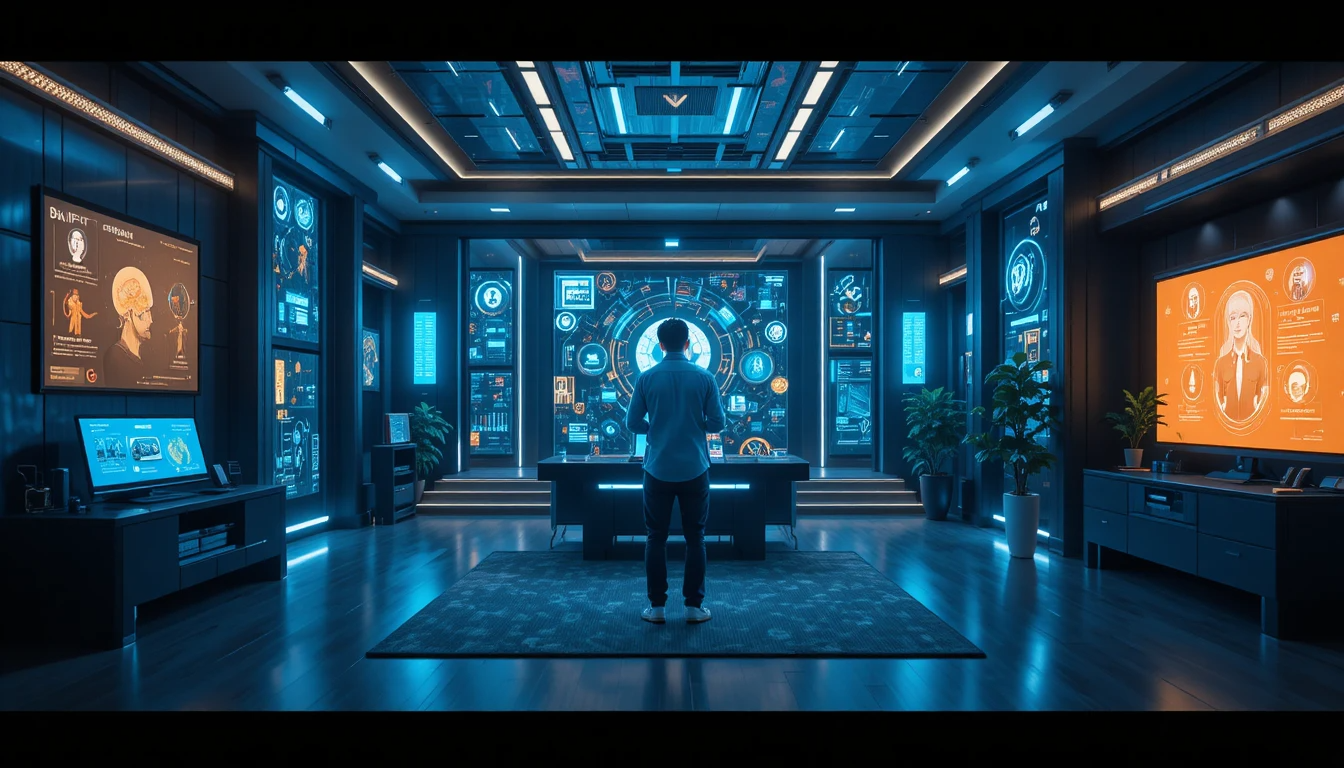Technology has always fascinated me — not just the gadgets, but the way they transform how we live and think. In 2025, I’ve noticed that technology is no longer just a tool; it’s a lifestyle shaping our homes, work, and even emotions.
In 2025, smart technology is deeply integrated into our daily routines. From AI-powered home assistants to wearable health trackers and voice-controlled cars, innovation has evolved from convenience to connection. These tools are not only making tasks easier but also helping us understand ourselves better.
One of the most exciting trends is the rise of context-aware devices — machines that learn your habits and adapt to your mood, schedule, and preferences. Imagine your phone lowering its brightness when you’re sleepy or your home adjusting the lights automatically when it senses you’re stressed.
Another huge development is AI integration in education and work. Virtual tutors now personalize lessons based on your learning speed, while smart offices monitor air quality, productivity, and mental focus.
But as technology grows smarter, digital responsibility becomes crucial. Protecting personal data and maintaining balance between the virtual and real world are key challenges for modern users. The focus is shifting toward ethical innovation, ensuring tech benefits people — not the other way around.
In short, technology in 2025 is no longer about what’s possible, but what’s meaningful.
Conclusion:
As we step further into the digital era, our challenge isn’t adopting technology — it’s mastering how to live with it wisely. The real power of tech lies in using it to improve life, not replace it.
